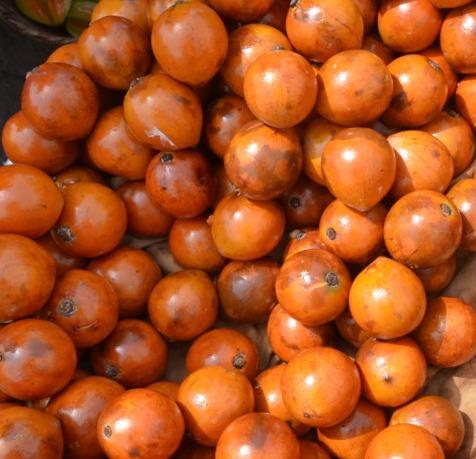Corn (Zea mays, Fam: Poaceae), called maize in Spanish, agbado in Yoruba, oka in Igbo and masara in Hausa, has been a staple crop in South, Central and North America for thousands of years. It is a seasonal crop in Nigeria. Being one of the most popular cereals in the world, it can be consumed in many different forms. Although corn is of many species, the most popular type in Nigeria remains the yellow and white corn. Other colours of corn are purple, red and black.
Constituents
Corn contains high amounts of insoluble fibre; carbohydrates, in form of starch and sugars; vitamins B1, B2, B3, B5, B6, B12, C, E and folic acid. Minerals found in corn include iron, magnesium, phosphorus, zinc, selenium and potassium.

Yellow corn is also a good source of two antioxidants, zeaxanthin and lutein, which are good for eye health. The nutrients may vary in composition and contents, depending on the species of corn. Generally, corn has amazing nutritional benefits. Also, these nutrients can be altered during the processing of maize into other different products.
Preparations
Corn, being popular as a food item, is enjoyed by people in various forms like whole corn, corn flour, cornstarch, corn gluten, corn syrup, cornmeal, corn oil, popcorn, cornflakes, etc. The grains can be cooked, roasted, fried, ground, pounded or crushed to prepare various food items like pap, tuwo, gwate, donkunu and a host of others. All these food types are readily available in various parts of Nigeria among different ethnic groups, notably the Yorubas, Hausas, Ibos, Ibiras, Ishas, Binis, Efiks, Yalas etc.
Uses
Globally, many people rely on corn as a primary source of nutrition. Corn is also used as livestock fodder. Apart from food, corn is also used as an additive, medicine and as raw material for industries.
Corn is processed to make an assortment of products, ranging from high fructose corn syrup to biofuels, all of which play important roles in human society.
Pharmacological actions
Besides helping with weight loss, the insoluble fibre in corn feeds good bacteria in your gut, which aids in digestion and helps give you regular bowel movements. This helps to reduce the risk of haemorrhoids and colorectal cancer.
Clinical studies in Japan have shown that purple corn could be a great ally in the fight against diabetes and obesity; a purple corn extract increases the activity of a gene that regulates the function of fat cells.
Studies have shown that yellow corn is rich in the carotenoid lutein which has antioxidant properties that can lower the risk of age-related vision loss, as well as preventing the cognitive decline which leads to Alzheimer’s disease.
Corn is a rich source of a phenolic compound and ferulic acid, an anti-cancer agent which has been shown to be effective in fighting tumours in breast cancer and liver cancer.
It has been widely reported that various species of corn contain compounds that prevent anaemia and constipation, promote good skin and eye care, delay aging process, help to manage noninsulin dependent diabetes, protect against hypertension and help in combating cancer.
Adverse effects
Allergy, increased blood sugar, bloating, indigestion, intestinal irritation, diarrhoea, tooth decay, osteoporosis, weight gain and lethargy have been associated with eating corn in excess.
Conclusion
Corn has great food, nutritional, medicinal, industrial and economic values. In spite of some adverse effects noted, corn, if consumed in moderation, will do more good than harm.










